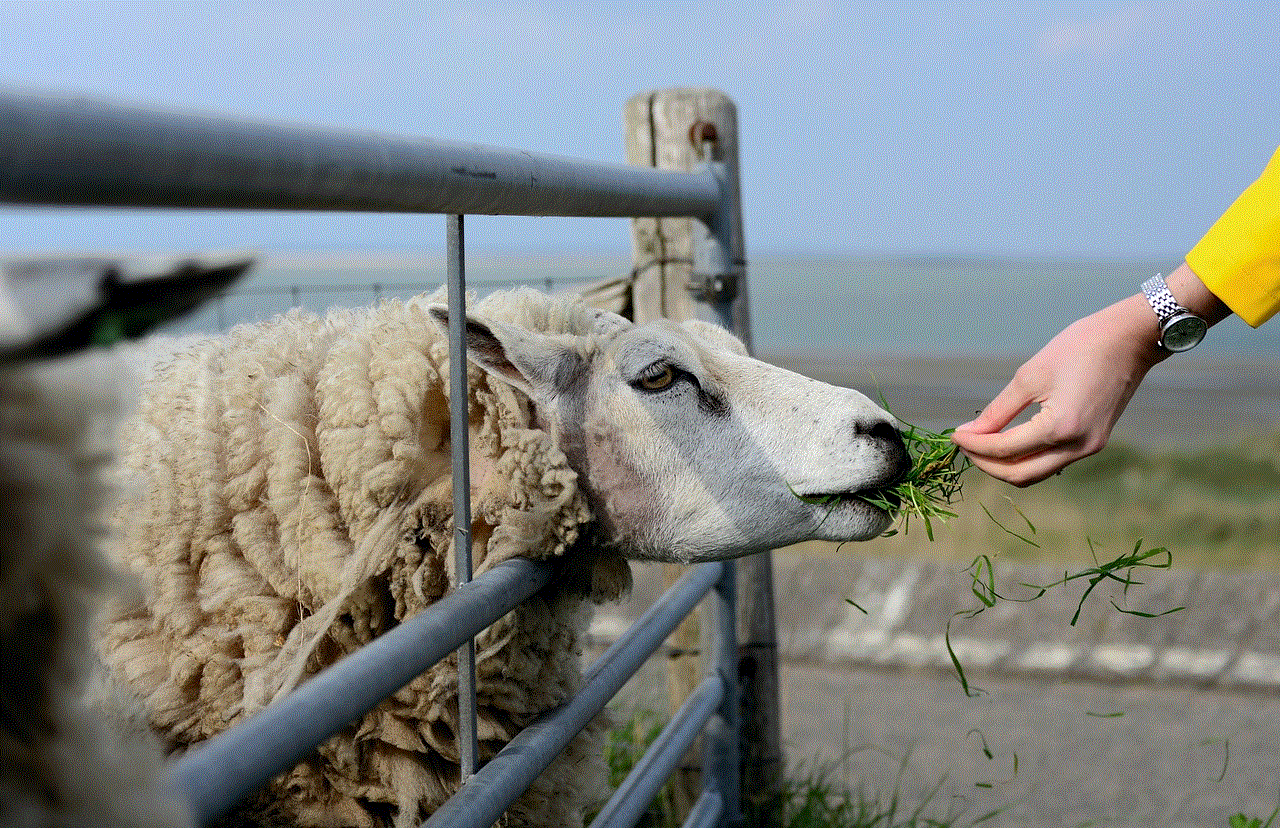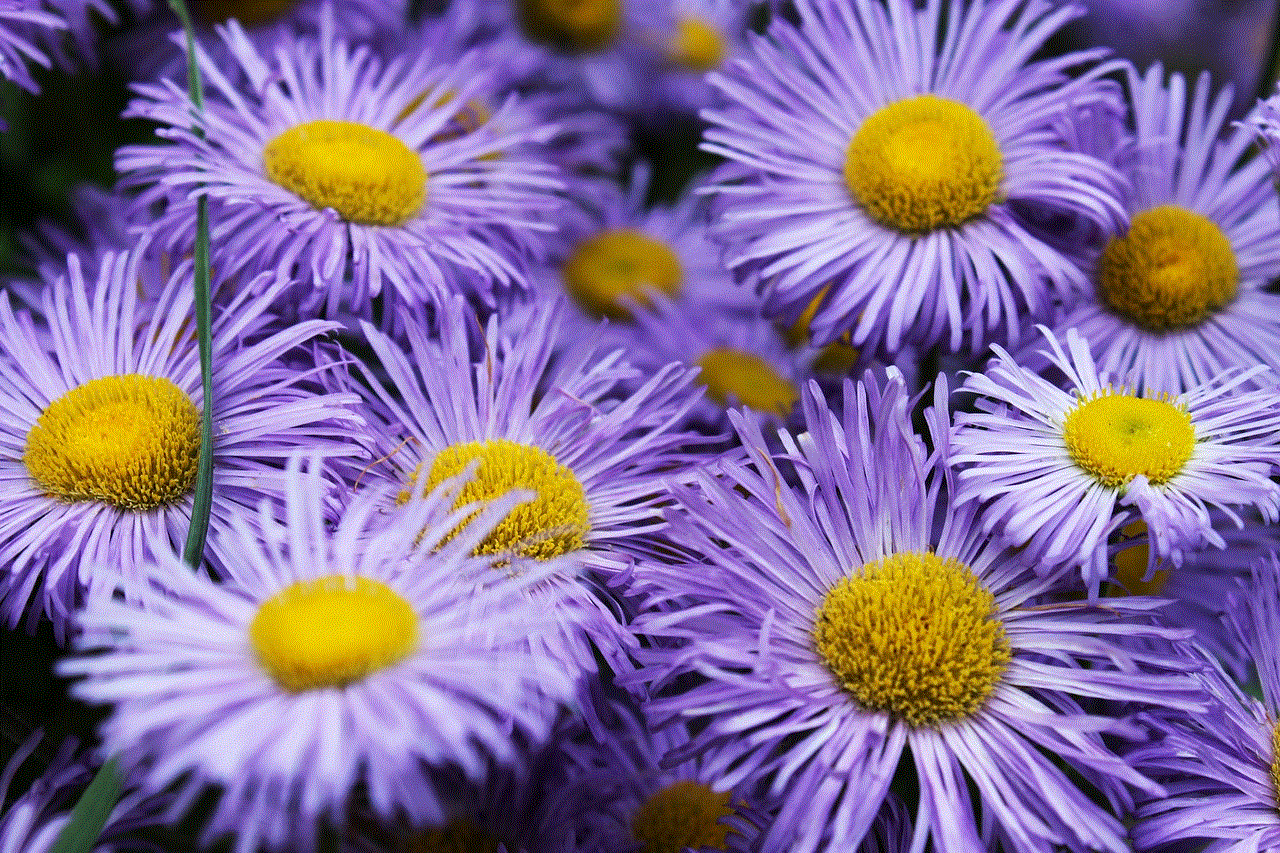boys gifts age 10
Gift giving can be a challenging task, especially when it comes to buying gifts for boys who are 10 years old. At this age, they are on the verge of adolescence and their interests and preferences are constantly changing. As a result, finding the perfect gift for a 10-year-old boy can be a daunting task. However, with a little bit of research and understanding of their developmental stage, you can find the perfect gift that will not only excite them but also contribute to their growth and development. In this article, we will explore some of the best gift ideas for boys aged 10.
1. Educational Games and Toys
At the age of 10, children are curious and eager to learn about the world around them. This is the perfect time to introduce them to educational games and toys that will not only keep them entertained but also enhance their cognitive skills. Some great options include science kits, building sets, and puzzle games. These types of gifts will challenge their critical thinking and problem-solving abilities, which are essential for their development.
2. Books
Books are always a great gift for children of any age, and 10-year-old boys are no exception. At this age, they are developing their reading skills and interests, so it is important to choose books that are both age-appropriate and interesting. You can opt for adventure stories, graphic novels, or books on their favorite topics such as sports, animals, or science. By giving them books, you are not only expanding their knowledge but also encouraging them to read more, which has numerous benefits for their development.
3. Outdoor Equipment
At the age of 10, boys are full of energy and are always looking for ways to channel it. Outdoor equipment such as bikes, scooters, and skateboards are perfect gifts for boys who love to be active. Not only do they provide a fun way to exercise, but they also teach them important skills such as balance, coordination, and perseverance. You can also consider gifting them sports equipment like a basketball or football, which will encourage them to engage in team sports and develop their social skills.
4. Video Games
Although video games may not seem like the most educational gift, they can be a great source of entertainment and learning for 10-year-old boys. There are many educational video games available that can teach them about history, science, and even coding. However, it is important to monitor the type of games they are playing and limit their screen time to ensure they are not spending too much time on them.
5. Art and Craft Supplies
Many 10-year-old boys have a creative side that is waiting to be explored. Art and craft supplies such as drawing sets, painting kits, or model building kits make great gifts for boys who love to create. These activities not only allow them to express themselves but also help in developing their fine motor skills and boosting their self-esteem.
6. Remote Control Toys
Remote control toys are always a hit with 10-year-old boys. From cars and helicopters to drones and robots, there are endless options to choose from. These toys not only provide hours of entertainment but also teach them about technology and how things work.
7. Board Games
Board games are a great way to bring the whole family together for some quality time. They also help in developing important skills such as strategic thinking, problem-solving, and teamwork. There are many options available for 10-year-old boys, from classic games like Monopoly and Scrabble to more modern games like Settlers of Catan and Ticket to Ride.
8. Musical Instruments
If the 10-year-old boy in your life has an interest in music, why not gift them a musical instrument? Learning to play an instrument not only provides a creative outlet but also helps in developing discipline, patience, and focus. Some popular options for this age group include guitar, drums, and keyboard.
9. Subscription Boxes
Subscription boxes have become increasingly popular in recent years, and they make great gifts for children. You can choose from a variety of options such as science kits, art and craft boxes, and even cooking kits. These boxes are not only educational but also provide a fun surprise every month.
10. Personalized Gifts
Personalized gifts are always special and make the recipient feel loved and appreciated. For 10-year-old boys, you can consider gifting them a personalized sports jersey, backpack, or even a book with their name on it. These gifts show that you have put thought and effort into choosing something unique for them.
In conclusion, finding the perfect gift for a 10-year-old boy may seem like a daunting task, but with the right understanding of their interests and developmental stage, it can be an enjoyable experience. Consider their likes and dislikes, and choose a gift that not only excites them but also contributes to their growth and development. Whether it is an educational game, outdoor equipment, or a personalized gift, the most important thing is to make them feel loved and special on their special day.
you are sus
The phrase “you are sus” has become a popular meme in recent years, often used in online gaming communities and social media platforms. But what does it actually mean? And why has it gained such widespread use? In this article, we will explore the origins of this phrase, its evolution in popular culture, and its impact on online interactions.



Firstly, let’s break down the phrase itself. “Sus” is short for “suspicious,” and is often used as a slang term to describe someone or something that seems questionable or untrustworthy. It originated from the gaming community, specifically the popular game Among Us, where players use the word to accuse others of being the impostor in the game. The phrase “you are sus” is often used as a playful way to call out someone’s suspicious behavior or actions.
The use of “sus” can be traced back to the early 2000s, where it was used in online forums and chat rooms. However, it wasn’t until the rise of Among Us in 2020 that the phrase gained mainstream attention. The game, which involves players trying to identify the impostor among the crewmates, became a global sensation during the pandemic, leading to an increase in the use of “sus” in online interactions.
But why has this phrase become so popular? One reason could be its versatility. “Sus” can be used in a variety of contexts, from accusing someone of being the impostor in a game to calling out questionable behavior in real life. It has also become a way for people to express their doubts or suspicions without being too confrontational or aggressive. In a world where online interactions can often be tense and hostile, “sus” offers a lighthearted and less serious way to express skepticism.
Moreover, the phrase has also become a part of internet culture, with memes and jokes surrounding it. There are countless videos, memes, and tiktok -parental-control-effectively-in-2023″>TikTok challenges dedicated to the phrase, making it a common reference in pop culture. This has further solidified its place in online interactions, as people use it to connect and relate to one another through shared humor.
However, the use of “you are sus” is not always innocent and playful. In some cases, it can be used to spread negativity and toxicity. In online gaming communities, it is often used to bully or ostracize players, especially newcomers. The phrase can also be used to gaslight or manipulate others, causing harm and damage to their mental well-being. It is essential to recognize the impact of our words and use them responsibly, even in a seemingly harmless context.
The rise of “you are sus” has also shed light on larger societal issues, such as trust and suspicion. In a world where fake news and misinformation are rampant, people are becoming increasingly skeptical and cautious of others. The phrase has become a way to express this growing distrust, especially in online interactions. It has also sparked conversations about the impact of social media and the internet on our relationships and how we communicate with one another.
Furthermore, the phrase has also become a part of the larger debate on online anonymity and its effects on behavior. In online spaces, people often feel more comfortable expressing their true thoughts and feelings without the fear of consequences. This leads to a disconnect between our online and offline personas, where we may say or do things we wouldn’t in real life. The use of “sus” in online interactions highlights this phenomenon, as it is often used to call out someone’s behavior without considering the impact it may have on them.
On the other hand, some argue that the use of “you are sus” has created a sense of camaraderie and community in online spaces. It has become a way for people to bond over their shared love for certain games or pop culture references. It has also sparked creativity and spawned countless memes and jokes, bringing joy and entertainment to many. In this way, the phrase has become a form of self-expression and a way for people to connect with others.
In conclusion, “you are sus” may seem like a simple phrase, but it holds a significant impact on our online interactions and larger societal issues. It has become a part of internet culture, with its origins in gaming and its evolution into a widely used slang term. Its versatility and humor have made it a popular way to express suspicion and doubt, but its misuse has also highlighted the need for responsible online communication. As we continue to navigate the digital world, it is crucial to be mindful of our words and their impact on others, even in the seemingly harmless use of phrases like “you are sus.”
another word for bee



Bees, also known as honey bees, are one of the most fascinating and essential creatures on our planet. They have been around for millions of years and are responsible for pollinating nearly one-third of the world’s crops. But their significance goes far beyond just producing honey. These small, buzzing insects play a crucial role in maintaining the delicate balance of our ecosystem, making them an indispensable part of our lives.
The word “bee” is derived from the Old English word “bēo”, meaning “a buzzing insect”. Bees belong to the insect order Hymenoptera, which also includes wasps and ants. There are over 20,000 known species of bees, with the most common being the Western honey bee, also known as Apis mellifera. These bees are found in almost all parts of the world, except for the polar regions.
Bees are social insects, living in colonies that can contain thousands of individuals. Each colony has a queen bee, who is responsible for laying eggs and leading the hive. The rest of the colony is made up of female worker bees and male drones. Worker bees are responsible for building and maintaining the hive, collecting nectar and pollen, and caring for the young. Drones, on the other hand, have only one purpose – to mate with the queen. Once they have fulfilled their duty, they are expelled from the hive.
One of the most remarkable things about bees is their ability to communicate with each other. Bees use a complex system of dances and pheromones to communicate information about food sources, hive locations, and potential threats. This communication is essential for the survival and efficiency of the colony.
But perhaps the most well-known and appreciated aspect of bees is their production of honey. Bees collect nectar from flowers and store it in their honey stomach, a separate compartment from their digestive stomach. Once back at the hive, the bees regurgitate the nectar and pass it on to other worker bees who then process it further. The nectar is mixed with enzymes and stored in honeycomb cells, where it is fanned by the bees’ wings to remove excess moisture, resulting in the thick, sweet substance we know as honey. The bees then cap the cells with beeswax, sealing in the honey until it is needed for food.
Aside from being a delicious natural sweetener, honey has numerous health benefits. It is rich in antioxidants and has antibacterial and anti-inflammatory properties. For centuries, honey has been used in traditional medicine to treat wounds, coughs, and sore throats. It is also a popular ingredient in beauty products, known for its moisturizing and anti-aging properties.
But honey is not the only product that bees provide us with. Beeswax, the substance used by bees to build their hives, has a variety of uses. It is commonly used in candles, cosmetics, and even as a natural wood polish. Propolis, another substance produced by bees, has antibacterial and antifungal properties and is used in some natural remedies.
However, the benefits of bees go far beyond just honey and other products they provide. Bees are vital for the pollination of plants, making them essential for the growth of many crops. According to the Food and Agriculture Organization of the United Nations, bees pollinate around 71 of the 100 crops that provide 90% of the world’s food. Without bees, our global food supply would be significantly reduced, leading to food shortages and higher prices.
Unfortunately, bee populations have been declining at an alarming rate in recent years. This phenomenon, known as Colony Collapse Disorder (CCD), has been linked to a combination of factors, including habitat loss, pesticide use, and climate change. In some cases, entire colonies of bees have mysteriously disappeared, leaving behind only the queen and a few worker bees. This decline in bee populations is not only a threat to the survival of these insects but also to our own existence.
To combat this problem, there have been efforts to raise awareness about the importance of bees and the role they play in our ecosystem. Many organizations and individuals are also taking action to protect and support bee populations. This includes creating bee-friendly habitats, reducing the use of pesticides, and promoting sustainable beekeeping practices.



Furthermore, there has been a growing trend of urban beekeeping, where individuals and communities keep beehives in urban areas to help support bee populations and promote local honey production. This not only benefits the bees but also provides opportunities for people to learn about these incredible creatures and their crucial role in our ecosystem.
In conclusion, bees are much more than just another word for honey. These tiny insects are essential for the health and balance of our planet. Not only do they provide us with valuable products such as honey and beeswax, but they also play a crucial role in pollination and the growth of our food crops. It is our responsibility to protect and preserve these incredible creatures and ensure their survival for generations to come. So the next time you see a bee buzzing around, remember to appreciate and respect these amazing creatures and the vital role they play in our world.